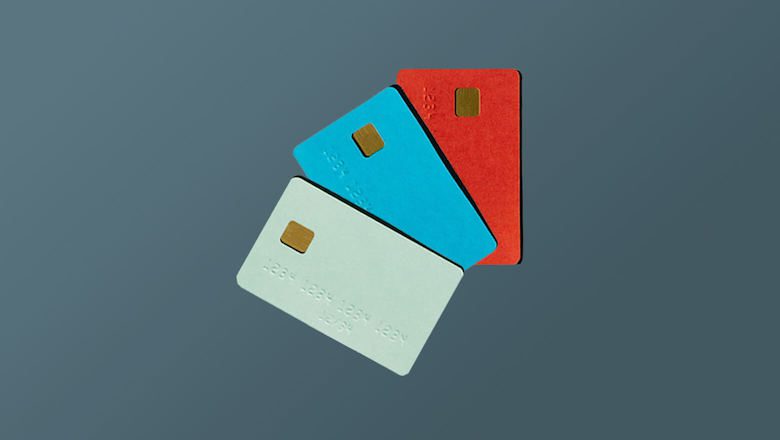Picture yourself behind the wheel of that shiny new car you’ve been eyeing. Imagine the freedom of cruising down the highway, the smell of new leather, and zero worries about monthly payments – well, maybe just a few. But the road to that dream ride starts with understanding how your credit score affects the kind of auto loan you’ll qualify for. In this guide, we’ll break down the best credit score you need to buy a car, demystify credit tiers, and offer expert tips to get those lenders vying to hand you the keys!
What Is the Best Credit Score to Buy a Car?
The best credit score for buying a car is 661 or higher, landing you in the coveted “prime” credit range. At this level, you’ll unlock the most competitive interest rates and favorable loan terms. Think of your credit score as your financial passport – the higher the number, the more appealing you are to lenders in the world of car loans!
What’s A Good Credit Score To Buy A Car?
The answer is: a credit score of 661 or above is considered “prime” and will likely snag you the most favorable interest rates and terms on your car loan. However, it’s important to remember that there’s no magic number. Lenders look at a variety of factors in addition to your credit score, including:
- Income and employment stability: Lenders want to be sure you can afford those monthly car payments.
- Debt-to-income ratio: This looks at how much debt you have compared to your income.
- Down payment: A larger down payment shows commitment and can improve your approval odds.
- Type of vehicle: Buying a brand-new car might require a slightly better credit score than a used one.
Credit Score Tiers for Car Buying – Understanding Credit Score Tiers
Credit scores aren’t a one-size-fits-all situation. Lenders often categorize borrowers into different tiers based on their FICO Scores (a widely used credit scoring model). Let’s explore the typical credit score ranges for car financing:
- Super Prime (781-850): You are the cream of the crop! Expect exceptionally low interest rates and lenders rolling out the red carpet.
- Prime (661-780): A fantastic credit score! Your chances of securing an awesome loan with competitive terms are extremely high.
- Nonprime (601-660): You still have the potential to qualify for an auto loan, but approval might be a bit harder, and interest rates might be slightly higher.
- Subprime (501-600): Car financing gets a bit trickier. Lenders see you as a higher risk, so interest rates will likely be on the steeper side.
- Deep Subprime (300-500): Traditional car loans might be out of reach. Alternative financing options or improving your credit score are advisable.
Why Does My Credit Score Matter So Much?
Lenders view your credit score as a snapshot of your financial health. They use it to predict how likely you are to pay back that new car loan on time. Here’s why your credit score is so crucial:
- Interest Rates: Your credit score has the biggest impact on your interest rate. The higher your score, the lower your interest rate, saving you a bundle over the life of the loan.
- Loan Approval: You must often meet a minimum credit score requirement to qualify for an auto loan, especially at the most competitive rates.
- Monthly Payments: Lower interest rates, thanks to good credit, can dramatically reduce your monthly payments, leaving extra cash in your pocket.
- Down Payment: A solid credit score can reduce, or in some cases eliminate, down payment requirements.
I Don’t Have the Best Credit. What Can I Do?
Don’t sweat it if your current credit score doesn’t fall into the “Super Prime” territory! There are plenty of proactive steps you can take to get on the right track:
- Build Your Credit History: Focus on paying those bills on time! Timely payments are the foundation of a strong credit score. Set up autopay, pay more than the minimum, or utilize a credit builder loan to establish good habits.
- Decrease Your Debt: Aim to lower your credit card balances and pay down existing debts. A low debt-to-income ratio looks great to lenders.
- Dispute Errors: Regularly examine your credit reports for errors and dispute them promptly. Even small mistakes can hurt your score.
- Become an Authorized User: “Piggyback” on the excellent credit habits of a family member or friend by becoming an authorized user on their credit card with a longstanding solid history.
- Explore Alternative Financing: Consider options like a secured auto loan or saving for a larger down payment.
FAQs
Q: How quickly can I improve my credit score?
A: Unfortunately, there’s no overnight fix, but building positive financial habits will gradually increase your score over time.
Q: Do car loan inquiries hurt my credit score?
A: Yes, but a small amount. Rate shopping within a short window usually only counts as a single hard inquiry on your credit report.
Q: Can I use a credit-building app to improve my credit?
A: Absolutely! Credit-building apps can help you track your payment history, credit utilization, and overall financial picture. Just be mindful of any associated fees.
Q: Can I buy a car with no credit history?
A: Yes, but it might be harder. Some lenders offer loans for first-time buyers. Consider getting a secured credit card or becoming an authorized user on someone else’s account to start building credit history.
Q: How long does it take to improve a credit score?
A: There’s no set timeframe, but consistent positive credit habits usually lead to improvements over time.
Conclusion
Your credit score acts as the gateway to fantastic financing opportunities for your new car. Remember, at BestCreditCards3.com, we believe that building a superb credit score is a journey, not a sprint. Implement smart strategies, cultivate positive financial habits, and with time, you’ll be driving that dream car with terms that make your wallet sing!






